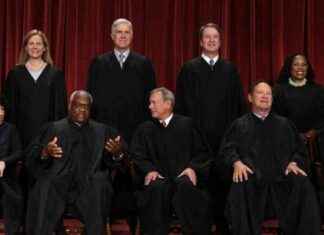Kristen Bell and Dax Shepard decided to try out “free-range parenting” during a family trip to Denmark, Iceland, and Norway. The couple allowed their daughters, Lincoln and Delta, to have complete freedom at a theme park in Copenhagen for an entire day. Bell shared on Jimmy Kimmel that going on vacation with kids can sometimes feel like work, as they are out of their comfort zones and asking endless questions.
The family stayed at a hotel right next to Tivoli Gardens, a 7-acre theme park, which made it easy for the kids to explore on their own. Bell mentioned that her daughters woke up early, scanned their bracelets to go outside, and then disappeared for seven hours while they ran around Copenhagen. Surprisingly, everyone was okay with this arrangement, and the kids returned home safe and sound.
Bell believes in allowing children to take risks within reason, as it helps them develop important survival skills. She mentioned that when her first child was a toddler, they allowed her to walk on the back of the couch, knowing that if she fell, it would most likely result in a minor injury. This approach taught her daughter about gravity, cause-and-effect, risk assessment, and other valuable skills that are often neglected in today’s parenting style.
The couple’s decision to give their children more independence and room for error was met with approval from many parents. Bell’s perspective on parenting has resonated with others who also believe in allowing kids to explore and learn through experience. The idea of “free-range parenting” is gaining popularity as more parents realize the benefits of letting children take calculated risks and make their own choices.
In a society where helicopter parenting is becoming the norm, Kristen Bell and Dax Shepard’s approach to parenting stands out as a refreshing change. By allowing their daughters to roam freely at a theme park and take controlled risks, they are empowering their children to become more self-reliant and confident. This kind of hands-off parenting style encourages kids to think for themselves, problem-solve, and learn from their mistakes, ultimately preparing them for the challenges of adulthood.







